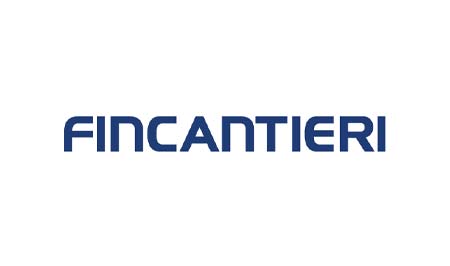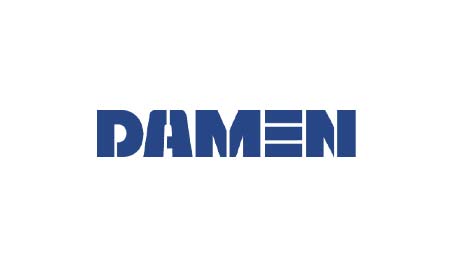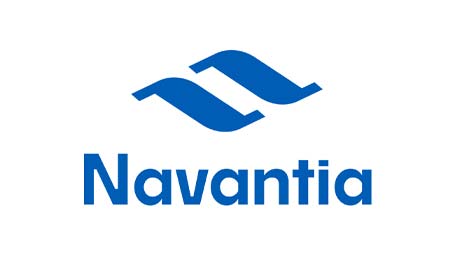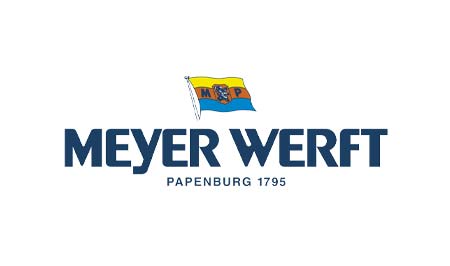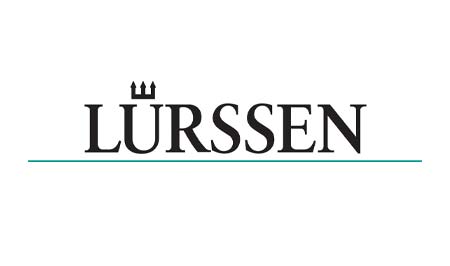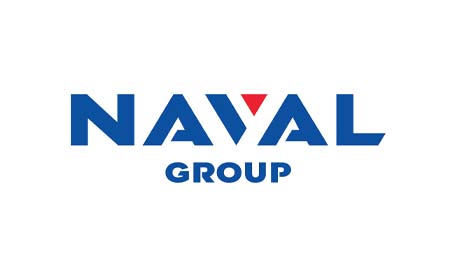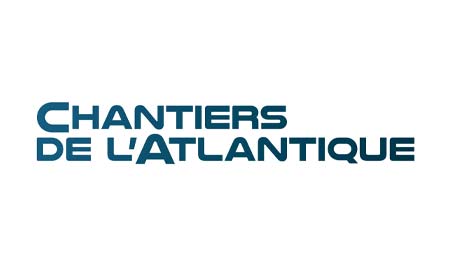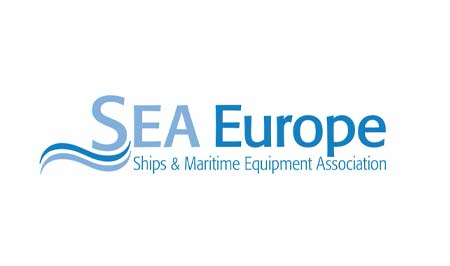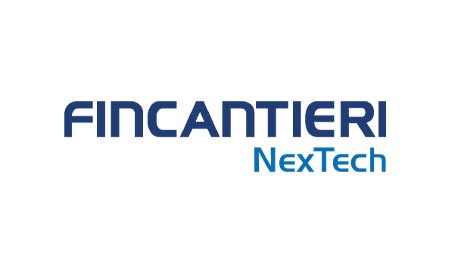Codekilo?
The digital world has grown as an essential element of the maritime industry
Ships is not seen any more as a separate entities but as an integral part of the logistic value. Vessels are becoming seamlessly connected to the shore and operational data are increasingly available and accurate.
Enabling data transfer from vessel to shore, from supplier to yard and from yard to client needs an open connected vessel platform, capable of expanding the yard integrating role in the digital domain.
Context
Currently, the supplier market is over fragmented between the IoT providers, the platform solutions providers and the application enablers, with considerable difficulties for the integrators in dealing with their clients. Such industry fragmentation has led to system fragmentation, where every component has already been conceived with its own communication standard and protocol.
The absence of common standards for data transfer, therefore hinders the further development of a more competitive and effective industry, since it gives rise to considerable difficulties and costs for integrators and clients.
Strategy and
evolution product
Industrie 4.0
- Sensors/actuators
Common Standards
- Connectivity
Common Standards
- Function/ data collection/ data exchange
Common Standards
- Monitoring
Common Standards
- Product related IT services
- New business models related to the product
Vision

The Code Kilo project is a Joint Industrial Project which aims at developing this new open standard and an open platform implementing it. These standards will be conceived to enable the connection of vessels to an on shore (cloud) environment which will allow the maritime industry to collect, secure, buffer, transport and pre-process operational data coming from a vessel to the cloud or an on premises data center. Just like other industries and economic fora, the maritime sector will be able to promote an overall standardization of the IoT language and increase its competiveness and efficiency through the cooperation among its players.
Partners
Code Kilo is a Joint Industrial Project promoted by
EuroYards, its members and SEA Europe:
The project success will be possible only through the full engagement of the several stakeholders all along the supply chain, which are more than welcomed to play an active role in the design and implementation process.
Concept

The Code Kilo project is a Joint Industrial Project which aims at developing this new open standard and an open platform implementing it. These standards will be conceived to enable the connection of vessels to an on shore (cloud) environment which will allow the maritime industry to collect, secure, buffer, transport and pre-process operational data coming from a vessel to the cloud or an on premises data center. Just like other industries and economic fora, the maritime sector will be able to promote an overall standardization of the IoT language and increase its competiveness and efficiency through the cooperation among its players.
Goals
The Code Kilo project has therefore the following ambitions:
The establishment of common and validated standards to enable ship owners, shipyards, equipment manufactures and independent software developers to use data and create solutions.
The introduction of a collaborative framework, including a governance model to develop and maintain the common standards and platform.
The establishment of design guidelines for security and robustness. The standardized connected vessel platform shall be class approved and audited by recognized security experts.
Co-creation development and maintenance of the best performing, highest quality, most flexible and most secure connected vessel platform in the maritime industry.
The introduction of a cost efficient solution without license fees paid to commercial parties.
The drafting of example contract clauses related to data ownership and sharing.
How we work
Organization
- To setup the processes and tools needed to oversee project health and quality.
- To facilitate the cooperation among partners.
- To make sure guard rails are in place if issues arise.
- To setup the processes and tools needed to further develop and maintain the standard and the platform.
Standards
- To select existing standards and/or technologies for components.
- To evaluate how to fit existing standards in the platform.
- To develop missing standards and/or technologies for components, along with connecting elements between components and supporting tools.
- To understand how the components will interact with each other.
Platform
- To develop a first version of the platform described by the standards.
- To make sure that the solution is robust and secure and meets class/industry requirements.
- To demonstrate the working system on board of one or more sailing vessels connected to the cloud and user application.
Product processes will be supported by
three transversal groups
- 1.
Steering Committee
In charge of the whole Code Kilo project supervision, financial support and the stakeholder relations management.
- 2.
IPR, licenses, rules and regulations
In charge of managing of all relevant issues within the legal frame in rights and obligations. The working field should be controlled by e.g. identify, analyze, apply, control, advise in all relevant legal aspects in project phase and if provided, the monitoring and supervising beyond.
- 3.
Communication group
In charge of communication activities and the management of the stakeholder engagement process all along the project development. The stakeholders will be able to fully understand the three deeply interconnected dimensions which characterize the project, with their unquestionable benefits: the competitive dimension, the environmental dimension and the innovation dimension.
The whole Code Kilo project workflow will be coordinated by Stefano Nervi as Project Manager.
Mr. Nervi comes from Fincantieri NexTech.
Stefano Nervi on LinkedIn

Timeframe
Code Kilo will last 12 months, from March 2019 to March 2020. The project aims at demonstrating the feasibility of data transfer standardization in the shipbuilding industry. Therefore, Code Kilo is a JIP demo project, with the ambition to set the basis for future long-term developments.
Future
applications
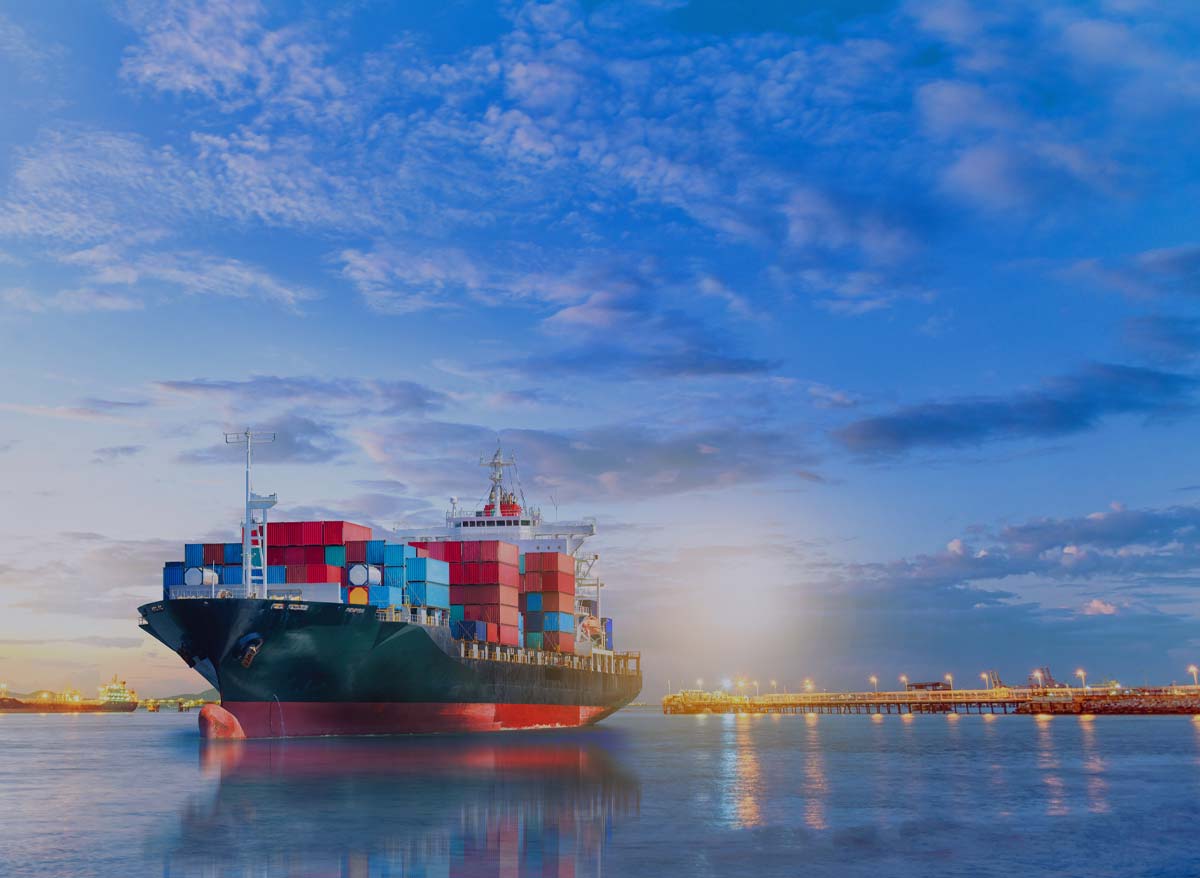
All Code Kilo participants will benefit from the shared effort and will still be able to compete as they do now. Joining forces will thus speed up the development through knowledge, expertise and resources sharing. Future applications mainly concern the full ship digitization and automation, including also the opportunity to enhance the design, construction and maintenance process.
At the end of the day, not only companies from the maritime industry, but also companies who are currently not involved in it will be able to build on top of the standards that have been created and build things we could not even imagine.
